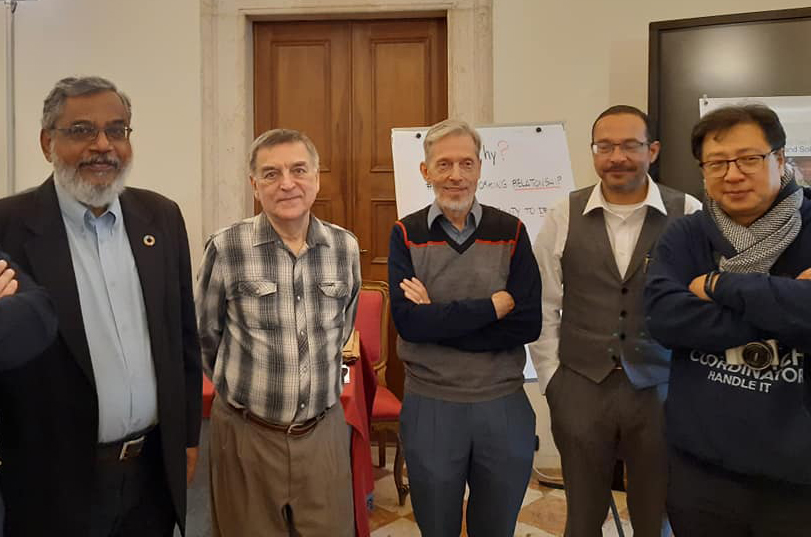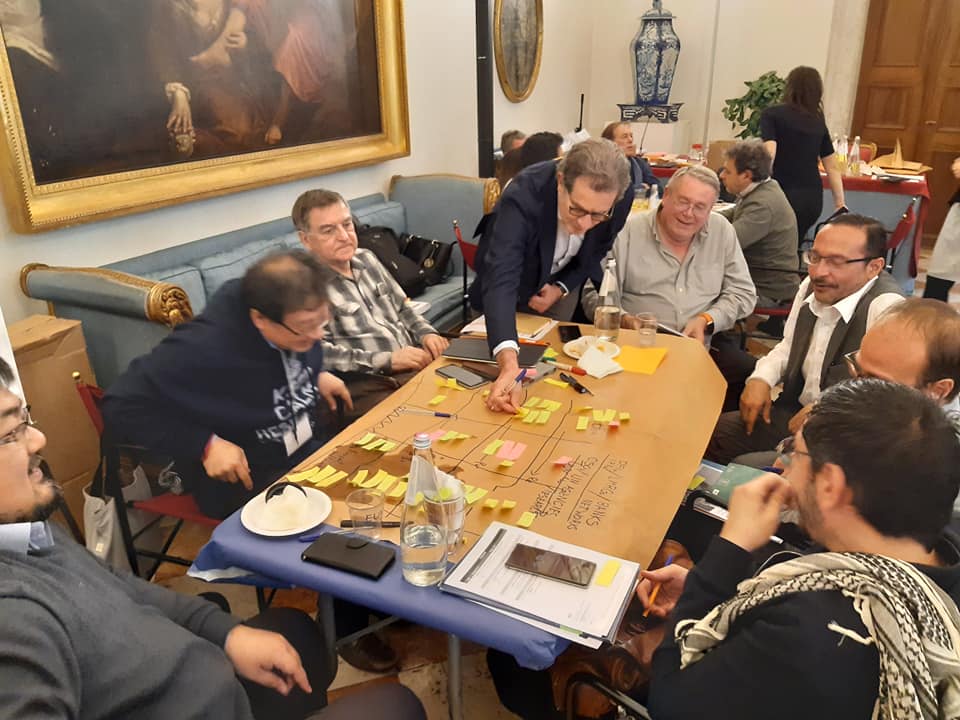The United Nations Inter-Agency Task Force on SSE (UNTFSSE), of which RIPESS is an active member, held its second technical symposium in Trento, Italy, 21-22 November. The aim was to strengthen the capacity of the group to increase the visibility and recognition of SSE globally, as well as to promote the creation and sharing of knowledge on SSE and sustainable development. The following is a summary of the most important aspects.
Written by Yvon Poirier, RIPESS Intercontinental’s deputy coordinator
RIPESS has been an Observer member of the UNTFSSE since its creation in September 2013. We have participated in all activities since then, either through on-line meetings (3-4 per year), conferences such as the Geneva conference last June, and technical symposiums such as the first in Rome in 2016 and the Trento meeting.
As explained on the UNTFSSE website, the members are UN Agencies such as the ILO, UNRISD, UNCTAD, UNDESA, etc. RIPESS is one of the dozen official Observers. It needs to be mentioned that even if only the members decide, Observers fully participate in all aspects of the discussion. The UNTFSSE clearly states that SSE organisations such as RIPESS are essential since we represent a world-wide network with members in all continents, from the grassroots to national networks. Our partner networks, FMDV and GSEF, were also at the event.
We were four representatives from RIPESS, Denison Jayasooria, David Thompson, Jason Nardi and Yvon Poirier.

The main objective of Sympodium was strengthening the capacity of the Task Force in:
- Increasing visibility and recognition of SSE globally, especially as a suitable vehicle of achieving and localizing SDGs;
- creating an enabling environment for SSE at different levels;
- contributing in knowledge creation and sharing around the SSE and sustainable and inclusive development.
The UNTFSSE agreed on three main priorities for the next years:
- Having the UN General Assembly adopt a Resolution recognizing SSE. Even if a lot of progress has been made towards recognition of SSE in recent years, for example the ILO Centennial Declaration on the Future of Work adopted last June, the full and formal recognition is essential so that it can permeate the work of all UN institutions, as well as an important tool for all countries to adopt in their own policies.
- Strengthening the Knowledge Hub. Considerable knowledge already exists, but there is need for expansion at all levels. For example, one of the next steps will be around having SSE in education curriculum at all levels, from primary education all the way to university programs. A fist stage will be to map what already exists. Our socioeco.org website is working in partnership. The objective is not to duplicate what already exists, but as the name says, act as a hub.
- Develop a program so that UN Agencies could deliver SSE projects in different countries. Based on experience, some countries are open to funding such programs as they are doing to help countries adopt green activities to reduce fossil fuel dependence. It the case of this new project, SSE networks such as RIPESS will be involved in the design of the new program as well as the delivery in different countries.

Our delegation supports these priorities, in which we are already involved. We also were able to know much better the delegations of new Observers that joined the UNTFSSE in recent months such as CIRIEC (International Centre of Research and Information on the Public, Social and Cooperative Economy), and EURICSE (European Research Institute on Cooperative and Social Enterprises) and EUCLID, two European networks.
As was the case for the first symposium in Rome, members and observers had parallel meetings at the end of the first day. Unlike the Rome meeting where we were 6 organisations, this time 9 observers participated. We reached a consensus on the idea of increasing exchange of information amongst our organisations. To do so, we agreed to an inclusive approach of all the observers, in part because we now have doubled the number of members. Instead of maintaining the Advisory Group set up after the Rome symposium, which we were not able to keep very active, we decided to create an internal list using google groups or a similar tool. The main initial purpose is exchange of information about events, publications, etc.
As explained in the program of the symposium, there was an emphasis on the notion of Deliver as One. The UNTFSSE itself, including the Observers, need to put in practice this notion to strengthen the capacity of successfully implementing the priorities that are agreed upon.



Leave A Comment